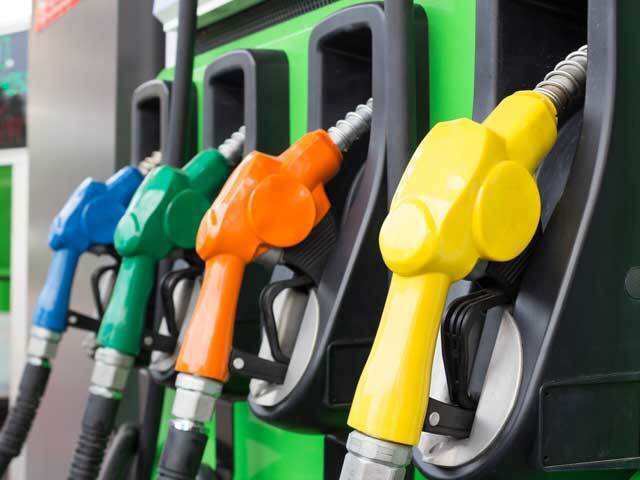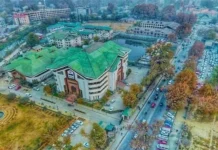Srinagar, Apr 2: Residents of Jammu and Kashmir feel the pinch at the petroleum outlets after the government implemented revised tax rates on petroleum products, leading to immediate price increases across the region.
Effective April 1, petrol prices have increased by Rs 1.24 per litre while diesel has seen a steeper rise of Rs 2.17 per litre. Consumers now pay Rs 100.94 for a litre of petrol and Rs 87.20 for diesel at retail outlets throughout the Union Territory.
The price hike follows a notification issued by the J&K Finance Department (S.O. 76) that restructures the tax framework for various fuels. According to the government order, petrol now attracts a tax rate of 24% minus Rs 3.50 per litre, plus an additional cess of Rs 2.00 per litre. Diesel is taxed at 16% minus Rs 4.50 per litre, with an added cess of Rs 1.00 per litre.
The notification, signed by Principal Secretary Santosh D. Vaidya of the Finance Department, also establishes a 5% tax on aviation turbine fuel (ATF) and 21% on natural gas. These revised rates supersede all previous tax notifications on petroleum products.
Bilal Ahmad, a representative of Petroleum Dealers Association said that the government has reduced rebate on CESS as a result of which there is a hike in petroleum products.
Local residents have responded with frustration to the price increase. Manzoor Ahmad, a taxi operator from Jammu, said the diesel price hike would significantly impact his livelihood. “I’ll have to increase my fares, which means fewer customers. With diesel crossing Rs 87, my daily earnings will drop by at least 15%,” Kumar explained.
Shazia Mir, a government employee who commutes 30 kilometres daily from her home in Budgam to Srinagar, called the timing unfortunate. “The government should have considered the economic condition of ordinary citizens before implementing this increase,” she said.
The tax revision occurs against the backdrop of the administration’s efforts to boost revenue collection while balancing economic development in the region. However, transport associations warn that higher fuel prices will inevitably lead to increased costs for essential commodities and services.
Economic analysts suggest the ripple effects of the fuel price increase could potentially raise the territory’s inflation rate in the coming months, particularly affecting transportation-dependent sectors like tourism, agriculture, and retail distribution.
The current tax structure will remain in effect until further notification from the Finance Department.










